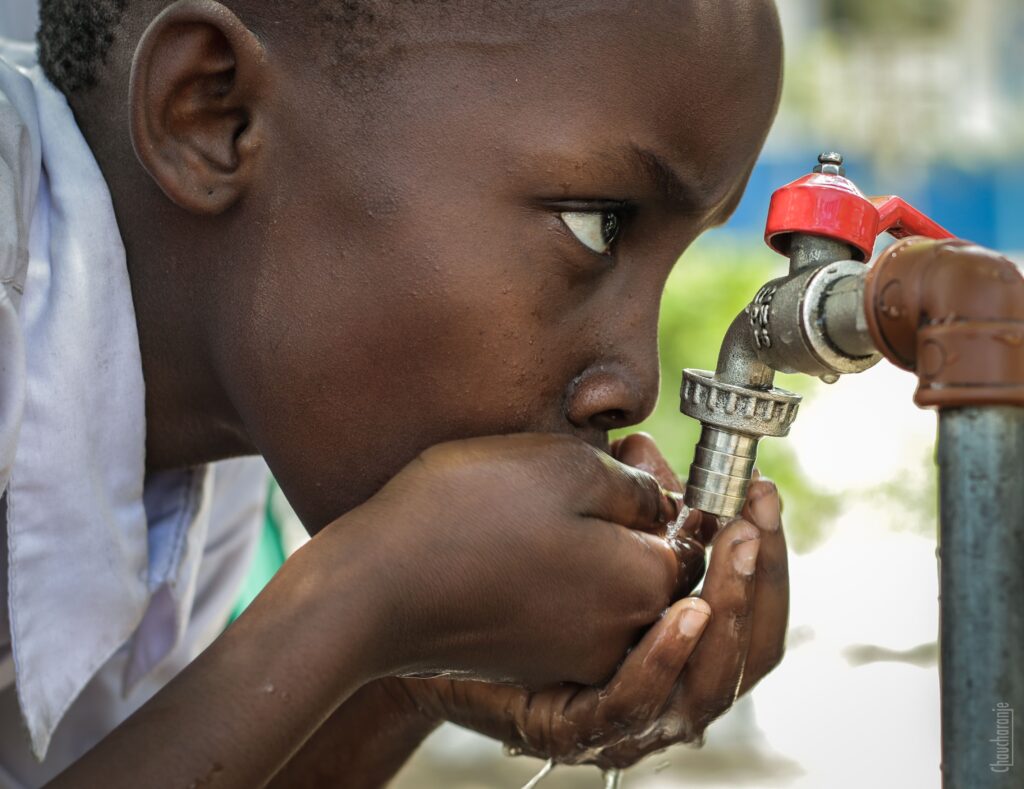Almost a fifth of the world’s population lives in water-scarce regions, while 500 million more are close to experiencing the water crisis.
Access to water is a fundamental right. In addition to being the vital element to preserve life on Earth and a strategic resource for the full development of the economy and society, water is a global concern.
The availability of this important resource is increasingly alarming, and large cities notice its lack in view of the increase in their population. Today, many countries have less drinking water than they need, and by the beginning of the next century, one-third of nations are forecast to experience permanent water shortages.
The lack of drinking water is a global problem and affects large sectors of the population, either due to lack or contamination. In addition to being of vital importance for living organisms, water contributes to the care of the planet, because it regulates the Earth’s climate, preserving adequate temperatures to preserve life.

Fortunately, the population is increasingly aware of the lack of drinking water and the impact that its water footprint has on the world, and this is how creative initiatives have begun to emerge to address water scarcity directly.
We present some proposals that are being carried out in many countries to combat water scarcity, and that could surely inspire you:
- They call it “Rain Harvest” and it is the result of capturing the rainwater that reaches the roofs of the houses, in order to implement water recycling in daily activities.
- Improve irrigation and agricultural practices. 70% of the world’s freshwater is used for agriculture. Improved irrigation can significantly reduce the gap between supply and demand.
- Fight against pollution. The measurement and control of water quality are essential for human health and biodiversity.
- Educate for the change of consumption models and lifestyles. Facing the next era of water scarcity requires major changes.
- Turn off the taps while we lather, shave or brush our teeth.
- Eradicate water waste. Report any leaks we see on the street, fix household water leaks, leaky faucets or cisterns, etc.
- Wash the car with buckets and not with a hose.
- Avoid reforestation. The afforestation with species that need little water and are in harmony with the ecosystem of the area is essential to “attract” the rains or prevent that, when they occur, the water carries away the fertile lands.
Together, these actions can slow climate change and stop environmental degradation, helping to prevent water scarcity in the world.